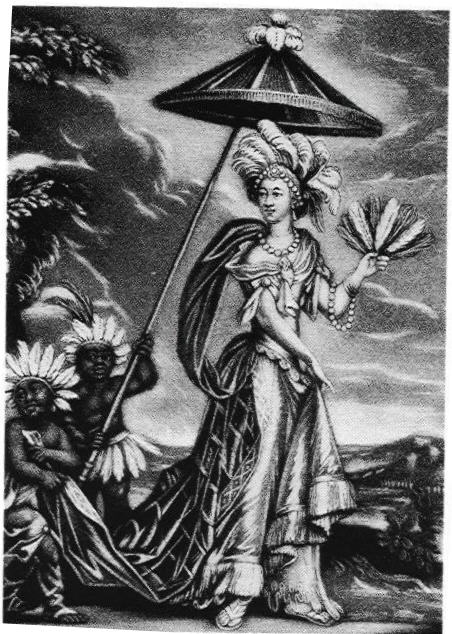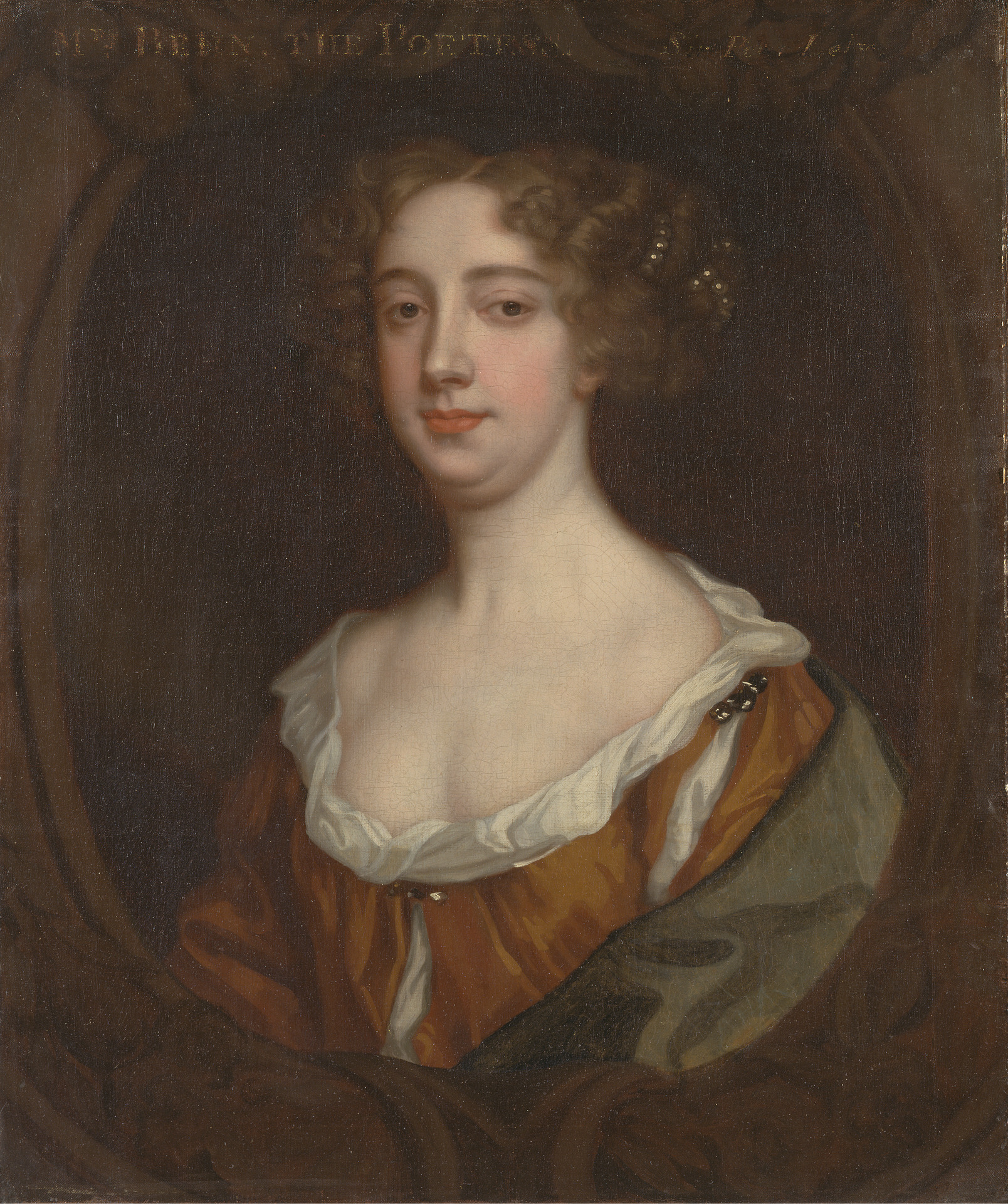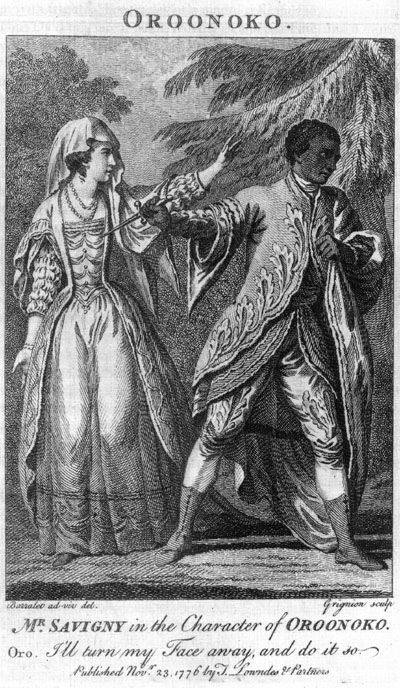Behn, Aphra, 1640-1689. Oroonoko
Enlarge text Shrink text- Her Oroonoko, or, The royal slave, c2000:cover (Oroonoko) caption title (The history of the royal slave) p. 83, textual notes (the original 1688 reading: Oroonoko: or, The royal slave. A true history. For Will. Canning. 1688)
- Her Aphra Behn's Oroonoko : or, The history of the royal slave, 1977.
Oroonoko: or, the Royal Slave is a work of prose fiction by Aphra Behn (1640–1689), first published in 1688 by William Canning and reprinted later that year in the compilation Three Histories by Mrs. A. Behn. The eponymous hero is an African prince from Coramantien who is tricked into slavery and sold to European colonists in Surinam where he meets the narrator. Behn's text is a first-person account of Oroonoko's life, love, and rebellion. Behn, often cited as the first known professional female writer, was a successful playwright, poet, translator and essayist. She began writing prose fiction in the 1680s, probably in response to the consolidation of theatres that led to a reduced need for new plays. Published less than a year before she died, Oroonoko is sometimes described as one of the first novels in English. Interest in Oroonoko has increased since the 1970s, with critics arguing that Behn is the foremother of British female writers, and that Oroonoko is a crucial text in the history of the novel. The novel's success was jump-started by a popular 1695 theatrical adaptation by Thomas Southerne, which ran regularly on the British stage throughout the 17th and 18th centuries.
Read more on Wikipedia >
 Title
Title






